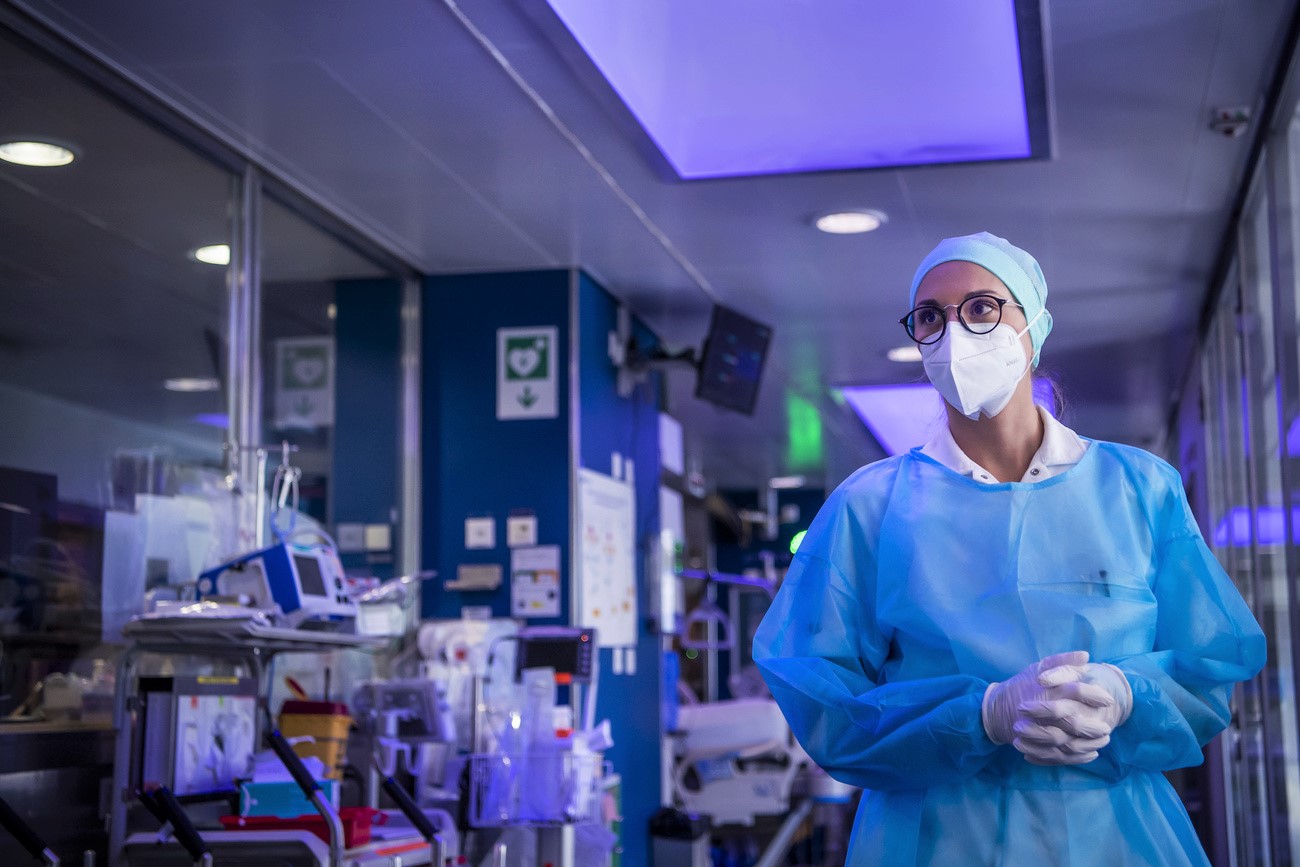
Switzerland Today
Greetings from Lausanne!
Here are the latest news and stories from Switzerland on Wednesday.

In the news: Syrian artefacts, “Dieselgate” court case and Geneva-Lausanne train update.
- Three rare artefacts – a statue of a priest’s head and two funereal bas-reliefs (photo above) from the second and third centuries BC – have been returned to Syrian authorities. They were looted from Syria’s ancient city of Palmyra over ten years ago and stored at the Geneva free port.
- Six years after the Volkswagen “Dieselgate” controversy came to light, a Geneva court has ordered the AMAG car importer to compensate the owner of a VW Touran diesel car – a Swiss first. AMAG, Switzerland’s largest car dealer, says it will appeal. Swiss courts have previously dismissed claims for damages.
- One in two Swiss women has been a victim of sexual violence in some form, ranging from verbal insults to sexual coercion and rape, according to rights groups. An alliance launched a campaign today to raise awareness of the issue of sexual violence in Switzerland.
- The Geneva-Lausanne train link is back to normal – more or less – with six trains running in each direction, including Intercity trains, from today. The line was suspended on November 9, followed by a severely reduced service, after land collapsed near the tracks.

Government: new nationwide measures not necessary to curb ‘critical’ Covid situation
The Swiss government has decided not to introduceExternal link any new national restrictions to curb coronavirus infections. It appealed to common sense and local measures to stem the rising tide of cases.
The number of new infectionshas risen significantly since mid-October. Today 8,585 new cases were reported, 50% higher than last week. The numbers are doubling every two weeks.
But the main criterion for new measures – excessive pressure on the Swiss hospital system – has not been met, said Health Minister Alain BersetExternal link. A total of 1,011 people are being treated in hospital for Covid-19 (+41% than last week). Intensive care units in Swiss hospitals (including ad-hoc beds) are 80% full; of these 20% are occupied by Covid 19 patients.
“In light of the relatively low occupation of Covid-19 patients in intensive care units and strong regional differences, the moment has not yet come in the Federal Council’s [government’s] opinion to tighten measures throughout Switzerland,” the government said.
“However, the Federal Council considers the situation critical. It is likely to worsen further in coming weeks.”
The government’s decision not to impose new measures comes ahead of a Swiss national vote on November 28 on the Covid-19 law and government pandemic powers.

Poll: compulsory Covid vaccinations in Switzerland – why not?
Most Swiss are in favour of compulsory coronavirus vaccinations, according to a surveyExternal link carried out by the CH Media group.
Neighbouring Austria has reimposed a full lockdown due to surging caseloads and has said it will introduce compulsory vaccinations next year. A leader of Germany’s Greens expressed support on Wednesday for mandatory vaccinations. In Switzerland the idea remains taboo in political circles. But it seems to be popular among the public if the results of the recent poll are to be believed.
Some 57% of people who took part in a survey are in favour of the introduction of compulsory vaccinations, while 36% rejected the idea.
Switzerland’s voluntary vaccination campaign has stalled, with just over 65% of the population fully vaccinated. Approximately one million adults are not vaccinated. Opposition to vaccinations can be seen and heard regularly on the streets.
Third Covid shots, so-called boosters of the Pfizer/BioNTech and Moderna vaccines, are currently being administered for high-risk individuals and people with weakened immune systems. A booster campaign for the rest of the population is expected to start soon.

What impact do voluntary climate-friendly measures have?
From cutting down on meat to flying less often, there are many ways of reducing your carbon footprint, say environmentalists: everyone has to do their bit.
But according to a studyExternal link carried out by the Zurich University of Applied Sciences, the impact of individual voluntary actions that add up to help reduce a country’s carbon emissions is “overestimated”.
Each Swiss emits an estimated 13.6 tonnes of CO2 per year.
Voluntary measures could reduce CO2 emissions in Switzerland by around 20%, the authors calculated. Political action must do the rest.
The authors argue that individuals are unable to have an influence on many CO2 emissions, for example those from public administrations, during the manufacturing of consumer goods and the heating of flats.
In line with the Paris climate accord, Switzerland aims to be climate neutral by 2050. But how to best achieve that has been hotly debated. New draft legislation presented by the government in September, which will cover the period until 2030, contains a similar international climate target to the previous revision: to reduce the nation’s greenhouse gas emissions to 50% of 1990 levels by 2030. But it has abandoned measures that led to the failure of the previous draft at the ballot box on June 13 – the new proposal focuses on incentives rather than new taxes.

In compliance with the JTI standards
More: SWI swissinfo.ch certified by the Journalism Trust Initiative








